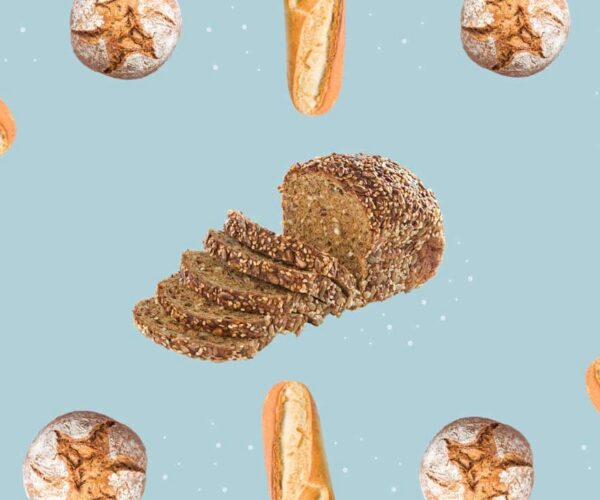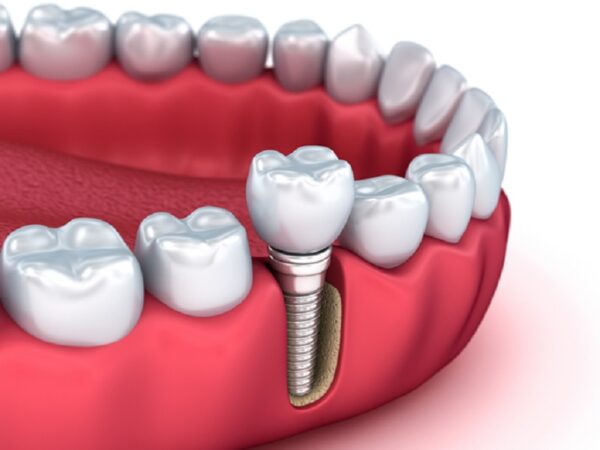Being gluten-free and adhering to a gluten-free diet may significantly improve health for those with celiac disease or a gluten sensitivity not caused by celiac disease. Some gluten-free eaters may not get enough of some nutrients every day, and they may not get enough of others to avoid deficiency. This is due in part to the fact that many manufactured gluten-free meals aren’t fortified with vitamins and minerals. So obviously, caution is warranted.
So, what can you do to fix the situation? The answer is yes; you can take supplements, and your doctor may even recommend that you do so if you’re seriously deficient in one or more nutrients. Here is a guide to help you zero in on foods that contain large levels of the particular vitamins and minerals you may be lacking in your diet, if you love the idea of getting as much of your nutrients as possible from your food. You may still need to take vitamins, especially if you’ve just recently been diagnosed (in which case, you should talk to your doctor about it), but this might make it simpler for you to do so. Choose the gluten free vitamin b now.
The anti-infection vitamin B6, or thiamine, Vitamin
Vitamin B6 is crucial for preventing infections, maintaining healthy nerves, and ensuring that oxygen gets where it needs to go in the body. Also, it’s important for keeping blood sugar steady. Studies have shown that a significant proportion of individuals adhering to a gluten-free diet and suffering from celiac disease also have vitamin B6 deficits.
- But, if you eat a varied diet high in nutrients, you may be able to acquire enough of this vital component that your body needs.
- Chickpeas, sometimes called garbanzo beans, should be your first food item. One cup of these beans has more than half of the daily value for vitamin B6. Chickpeas are versatile and may be used to make hummus or as a topping for salads (with gluten-free crackers, of course).
- Foods like tuna, salmon, turkey breast, and chicken breast may provide an excellent source of vitamin B6 as well. Getting your daily quota of vitamin B6 from only one medium-sized banana is easy.
The production of new cells is aided by the vitamin folate
Folate, sometimes called folic acid according to its chemical name, is another B vitamin. Even though you already know that folate helps keep your unborn child’s brain and spine from developing abnormally, you still need to get enough of it to help your body make new cells.
Certain typical gluten-containing foods are fortified with extra folate, so those who avoid gluten may need to take extra measures to ensure they are obtaining the recommended daily amount (in large part to prevent birth defects). Don’t expect to get anywhere near what other people do if you don’t follow these steps.
Conclusion
Eat more leafy greens to get extra folate in your diet. Folate may be found in abundance in leafy greens like spinach, asparagus, brussels sprouts, green peas, broccoli, and other similar plants. More than half of your daily folate needs may be met by eating 10 spears of asparagus or two-thirds of a cup of cooked spinach.




